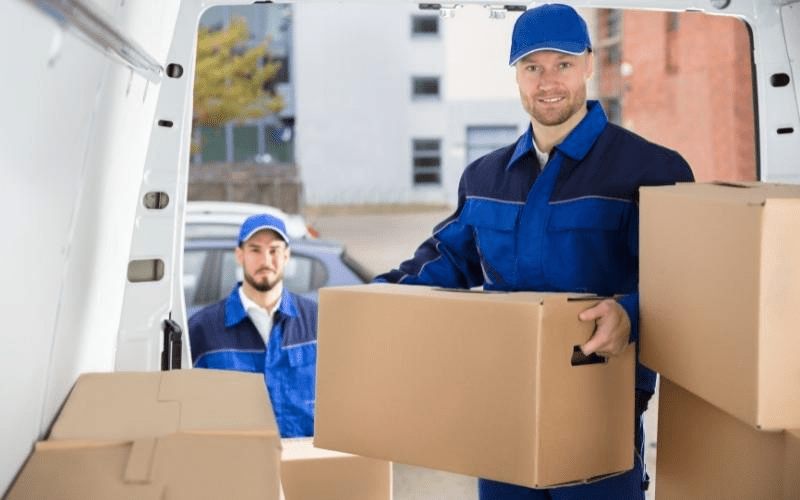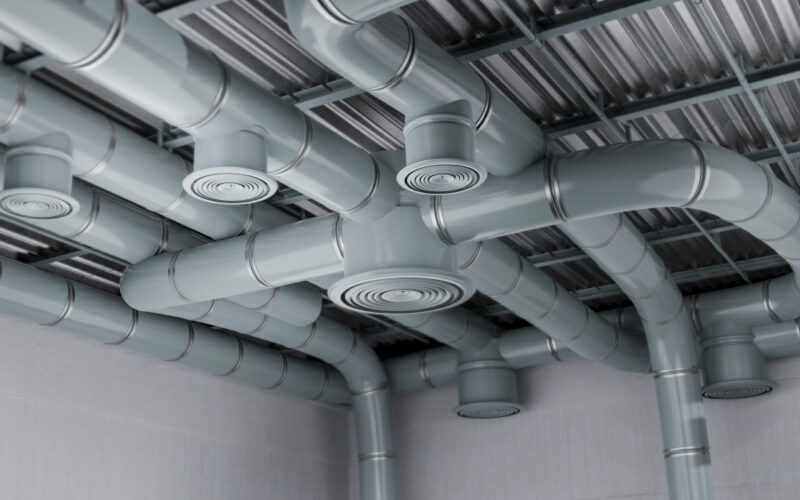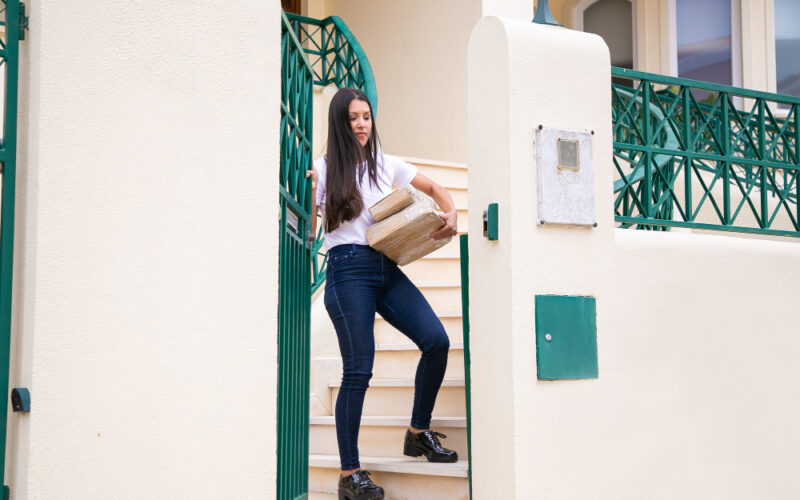
October 15, 2022
You will need to travel hundreds or perhaps thousands of miles before you get to your new home, so moving a big distance is no joke. It can be difficult to find interstate removalists in Melbourne who are reliable and eager to meet your needs. The planning phase frequently turns out to be crucial for the overall success of the entire home-moving operation when moving hundreds or thousands of miles across the country.
It’s truly that easy: if you plan for your impending long-distance relocation, you’ll have a trouble-free cross-country move. When travelling a long distance, there are several factors to take into account. Your mind will be preoccupied with issues like how you will transfer your belongings, what to bring, and financial savings strategies.
Continue reading to discover the least stressful method for long-distance relocation and prepare yourself for it!
1. Organize, plan, and schedule
When you’ve decided to pursue a long-distance move, time is your strongest asset. As soon as you decide to make the transfer, start planning because it may take months for some factors to come into play. First, reserve accommodation as soon as possible to guarantee that you will have a cosy location to reside. There is a lot less uncertainty when you know that you will have a comfortable place to sleep at night. You can start packing once you know where you’ll be residing. Pack sparingly, anticipating that you won’t use all of your new home’s room. Give yourself plenty of room for extras and anything you pick up along the route. Make early steps to obtain a job you are content with if you are moving to a place and are unclear about your employment position. By avoiding the need to find employment right away after arriving, you will be able to unwind and settle into your new life. As soon as your relocation is confirmed, start outlining your to-do list and creating a timeline starting from when you would like to arrive. Planning is required to determine whether to relocate your household goods, people, pets, and cars all at once or individually. While travelling, you should make arrangements for food, clothing, and shelter. You should also make your new house as welcoming as possible in preparation for your arrival. Keep all of your calendars, receipts, to-do lists, and estimates in one central file to stay organised.2. Consult with interstate removalists in Melbourne
As soon as your strategy takes shape, request quotes from various movers. Make sure you comprehend everything that is included in each quote and look through the available insurance alternatives. Most of Melbourne interstate Removalists only offer a basic level of insurance; you’ll need to add more extensive coverage. If necessary, don’t forget to ask for separate quotes on vehicle movers and pet moving services. Your moving experience can be greatly improved by working with the proper moving company. Much of the stress is relieved when you hire movers you can rely on and who have the proper tools.3. Book Your Room
The clock begins when you choose your interstate removalists in Melbourne and reserve your relocation dates after reviewing your estimates. Start arranging bookings for flights or lodging along your route if you’re transferring your family’s folks, animals, and possessions separately. Make plans for any temporary housing you may require in your new location.4. Clear out, donate, and pack
Every square inch counts when moving across vast distances. Anything that you don’t need or adore should not be moved at your expense. This calls for the thorough cleaning of all of your drawers and closets as well as the removal of any furniture you no longer use. Since this procedure takes a while, it’s better to get started as soon as you know you’re relocating. To avoid feeling overwhelmed, work on each room one at a time.5. Understand the Particulars of the Area You Are Moving Into
As was already discussed, choosing your living place well in advance of moving in is helpful. This makes it easier for you to prepare for the space you will have and decide what you should and shouldn’t bring. For instance, it would be a good idea to leave the grand piano behind if you were moving into a studio apartment. However, you can be much more generous about how much you bring if a four-bedroom house is your place to stay.6. Keep all necessary items close at hand and not packed away
This is a crucial detail that is simple to overlook during the chaos of a long-distance move! Be careful not to store anything that you might need along the way. This might be your driver’s licence, passport, birth certificate, social security card, or any other kind of identification, depending on how you plan to travel. Keep other necessary goods close by, such as your wallet, prescription drugs, and basic cosmetics. Having access to these items can help a stressful moving process go a little more smoothly.7. If at all possible, move during the off-season to the new location
When people do not have the option of deciding when to move, many people do not consider this advice. Wait until a slower season to make your major move, though, if you have time on your side. You’ll save a tonne of money by doing this. Depending on company volume and the time of year, interstate removalists in Melbourne occasionally charge various fees. Additionally, local amenities in your new neighbourhood that you will need to rely on as you relocate, like hotels and restaurants, may see a sharp increase in cost. And finally, picking a slower season to make the shift will make it less stressful. There won’t be as many vehicles on the road, resulting in a smoother transition.8. Focus on Safety
Moving during a pandemic is likely to necessitate a completely different set of rules and the use of personal protective equipment while packing and travelling. For your entire family, make sure you have plenty of masks, gloves, and hand sanitiser on hand. You should also familiarise yourself with any guidelines supplied by your interstate removalists in Melbourne, hotels, and airlines. Review any restrictions on what you can and cannot pack among your possessions before concluding. Plants, perishable objects, and items that are flammable, combustible, or caustic are often prohibited.Related Items: Melbourne interstate Removalists





